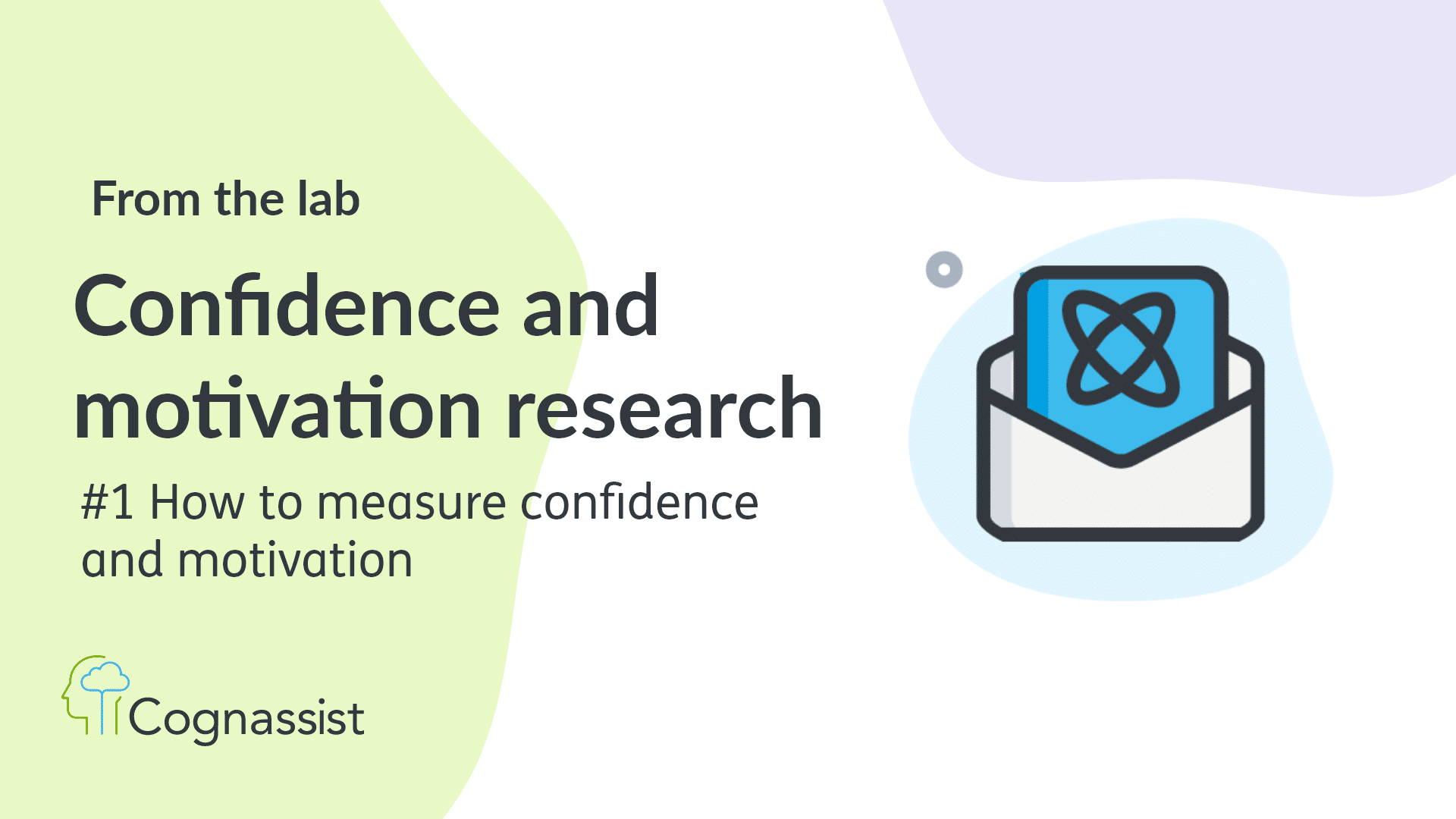
How to measure confidence and motivation in the learner journey
Learning is different for everyone. As an education provider, you need to make sure your learners have everything they need to meet the ambitious aims of your curriculum. A lot of this journey is about building confidence and resilience to prepare people for the working world.
But how many providers measure learner confidence and how motivated learners are to continue learning?
The answer is not enough.
Over the past eight years, 55% of apprentices have dropped out.
Meaning a learner’s chances of success are essentially the same as flipping a coin.
This situation is completely unacceptable and with consistently low numbers like this, we need to ask ourselves if we’re getting complacent. We can do so much better than offering learners a 50/50 chance to improve their futures.
This series will look at the importance of confidence and learner motivation to increase apprenticeship outcomes. Focusing on the research and data available to offer evidence-based insights and guidance on how you can support your apprentices throughout their learning journey and improve chances of success. As well as taking you through the Quality Assurance Framework, developed in partnership with Mesma.
Providing a personalised learner journey
Previous scientific research has already revealed that “Measures of confidence have the highest correlation with academic achievement.” (Non-cognitive Psychological Processes and Academic Achievement, 2016)
You know learning isn’t just about receiving and retaining information. It is about having a comprehensive understanding of a subject so that you can make your own decisions and solve new problems using the knowledge you have.
Building a learner’s knowledge is about building their confidence to work independently and trust their abilities. And every learner will be different.
Our research shows that apprentices who were identified with learning needs on initial assessment were less confident about performing everyday tasks related to these needs. These were activities such as reading and understanding written information, thinking conceptually, actively controlling attention, quickly responding to visual information and more.
Many of us would take these everyday tasks for granted, but for some learners, it could have a serious impact on their learning journey and chances of completion.
The conversation around supporting apprentices with learning difficulties remains a top priority in education, especially for Ofsted. Yet, the conversation on how to support these learners in practice and issues around self-confidence and its impact on attainment are less frequently discussed.
So much of education is about preparation for assessment, and while we want as many learners as possible to achieve their qualifications, we also want to show the distance they have travelled along the way. Tracking personal progress and how learners are feeling to provide a more holistic approach to improving their learning experience.
“The experiences a student has while learning will shape, for better or worse, that student’s confidence, motivation, and perceptions of his or her own capabilities – and will therefore influence future learning. When learning difficulties arise and persist they are likely to have a very detrimental impact in all four areas of affect. Burden (2002) suggests that how learners view themselves in relation to the learning situation (‘learner self-perception’) must be given high priority when providing support and when planning intervention programs.” (Westwood, 2008)
Learning does not need to be a demoralising process.
Everyone can learn, and the support you provide can help to improve the confidence of learners who might struggle in education. Understanding more about your learners’ needs means you’re more able to meet them.
Want to know more?
Read our next article in the series to hear about a new study and real-world data on how you can use personalised support to improve confidence and motivation.

Helen
Science Communications Manager